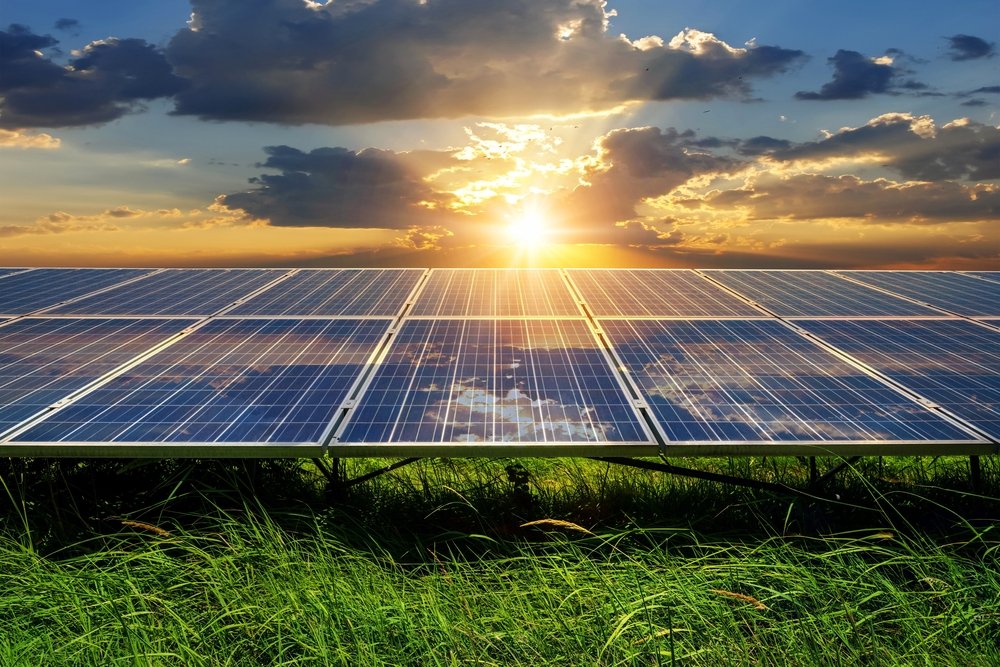In the field of renewable energy, solar panels are a cornerstone technology. While their effectiveness is often attributed to the solar cells, an essential aspect of their efficiency is the insulation used within them. Among various insulating materials, Polyurethane Foam stands out for its exceptional properties. This detailed article explores Polyurethane Foam in solar panel insulation, highlighting its unique features and significant impact on the performance and longevity of solar energy systems.
Insulation in Solar Panels
Insulation is crucial for reducing energy loss in solar panels. Polyurethane Foam is particularly effective in this role due to its excellent thermal insulation capabilities. It helps maintain the optimal temperature for the efficiency of both photovoltaic and solar thermal panels. In photovoltaic panels, it prevents overheating, which can reduce efficiency, while in solar thermal panels, it aids in retaining the captured heat, enhancing energy output.
Polyurethane Foam is vital in protecting solar panels from environmental stressors. Its robust nature protects against temperature extremes, moisture, and physical impacts. This level of protection is essential for maintaining the structural integrity and performance of solar cells, thus extending the life span of the solar panels.
Foamtec International’s Specialty Converting Division can fabricate insulation for solar cells custom-made to your specifications. As a vertically integrated manufacturer of polyurethane foam, we can customize the foam density, porosity, and other features to maximize its efficiency in your use.
What to expect with Polyurethane Foam
- Outstanding Thermal Resistance: Polyurethane Foam’s thermal resistance is one of the highest among insulation materials, making it a top choice for maintaining desired temperatures in solar panels.
- Lightweight and Adaptive: The foam’s lightweight nature is a significant advantage, allowing for easy installation and minimal structural load on supporting structures.
- Moisture and Water Resistance: This material is highly resistant to moisture and water, preventing the risk of water-induced damage and corrosion in solar panel components.
- Long-Term Stability and Durability: Polyurethane Foam retains its insulating properties over time, withstanding various environmental factors, which contributes significantly to the longevity of solar panels.
- Customizability and Versatility: The foam can be customized in density and thickness, making it adaptable to various solar panel designs and requirements.
Future Perspectives and Innovations
Research is directed towards making polyurethane foam even more environmentally friendly and cost-effective. The potential for integrating recycled materials into foam production or developing bio-based polyurethanes could further enhance the sustainability aspect of solar panels.
The superior insulating properties of polyurethane foam and its protective features significantly contribute to the enhanced efficiency and durability of solar panels. As the demand for renewable energy sources escalates, optimizing solar panel components like materials like Polyurethane Foam as insulators becomes increasingly vital. Emphasizing the development and use of such efficient materials is key to advancing solar technology and moving toward a more sustainable future.
Partnering with Foamtec International
With extensive expertise in handling insulation materials, Foamtec International welcomes all inquiries and is ready to provide you with the information and assistance you need. Please feel free to reach out to us with any questions or requirements. Our foams are leaders in the industry and are respected around the world.

